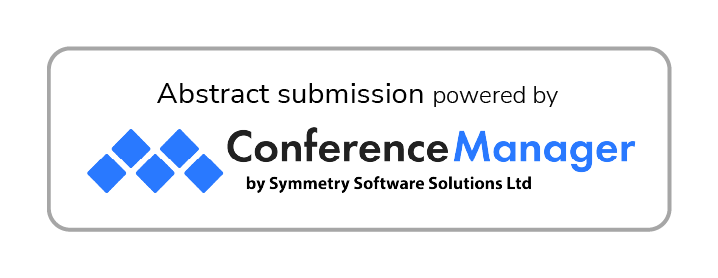Symposia Submission
The Social and Affective Neuroscience Society (SANS) invites submission of research abstracts for its 2026 Annual Conference, to be held in San Diego, California, USA, from April 15–18, 2026. All submissions will be evaluated by the Scientific Program Committee.
Call for Symposia is
EXTENDED!
All current and prospective members of the SANS community are encouraged to submit a symposium proposal for presentation at the 2026 Conference.
Submissions must be completed through the online submission portal by 23:59 (Pacific Time) on Monday, November 24, 2025.
Symposia may be used to present conclusive evidence from a series of studies or to provoke discussion in areas where further work is needed. Submissions should present high-quality, innovative work in the field of social and affective neuroscience. We particularly welcome proposals that integrate human research with animal or computational models probing underlying neural mechanisms.
All symposia are selected by the Scientific Program Committee with priority given to symposia that:
- include topics that address novel or currently debated issues
- bridge between basic and clinical fields and/or between human, animal, postmortem, or computational modeling work.
- include a diverse range of speakers that bring unique approaches or perspectives to the topic, with diversity including variation in intellectual perspective or approach, gender, race, ethnicity, stage of career and geographic location
- encourage in-depth discussion and debate between presenters and the audience
We encourage our membership to submit a proposal to present research that will start conversations and encourage debate leading to knew insights and resolutions in the field. Student-led symposia are also encouraged.
Symposia Format
Symposia sessions will include presentations by 3 (minimum) or 4 (maximum) individual speakers that offer unique perspectives on a specific central theme, followed by a moderated, interactive scientific exchange involving the audience. The symposium session will not exceed 1 hour and 30 minutes and allow for sufficient time for the moderated Q&A.
Submission Guidelines
To submit a proposal, please follow the guidelines below. You will be asked to provide:
- Contact name, affiliation/institution name, and email address for each of the symposia presenters.
- Symposium title (max 225-character limit including spaces – approximately 100 words).
- Select from provided list 2 keywords relating to TOPIC and 2 keywords relating to METHODS associated with the submission.
- Topic keywords are preceded with a T.
- Methods keywords are preceded with an M.
Select keywords carefully as they will be used to match your submission with reviewers from our Abstract Review Board. - The name and affiliation of your symposium Chair.
- A brief description of the topic, and justify why the proposed topic is novel, contentious, or highly relevant for discussion.
- Individual abstracts of each speaker
- Within the 1 hour and 30 min symposium, you will be required to indicate how much time will be used for the symposium introduction, individual speaker presentations, and moderated, interactive scientific exchange.
General Abstract Summary
- Prepare a general abstract summary of the proposed symposium (max 3000-character limit including spaces- approximately 500 words). If selected, this summary will be included in the SANS Conference proceedings.
- NOTE: Abstracts submitted as part of a symposia will also be considered for a talk or poster presentation should their symposium not be selected.
NOTE: The symposium presenter must be a SANS member in good standing.
Abstract Submission Themes
Keywords for Topics:
- Decision-Making
- Learning
- Clinical Disorders
- Stress
- Emotion Perception/Communication
- Emotion Regulation
- Social Cognition
- Prosocial Behavior
- Basic Affect/Emotion
- Self
- Language/Interpersonal Communication
- Development
- Intergroup Processes
- Memory
- Reward & Motivation
- Threat Processing
Keywords for Methods:
- PET
- fMRI
- EEG/ERP
- MEG
- fNIRS
- Computational Models
- Pharmacology
- Neural networks/LLMs
- Network Science
- Bayesian Modeling
- Reinforcement learning
- Methods Development
- Benchmarking
- Naturalistic methods
- ESM/EMA
- tDCS/rTMS
- Structural MRI/DTI
- Physiological Measures
Key Dates
November 24, 2025 – Symposia Proposal Submissions – EXTENDED
November 25, 2025 – Call for Abstract (Poster/Ora) Opens
January 12, 2026 – Abstract Submissions close
April 15 -18, 2026 – Conference Dates

